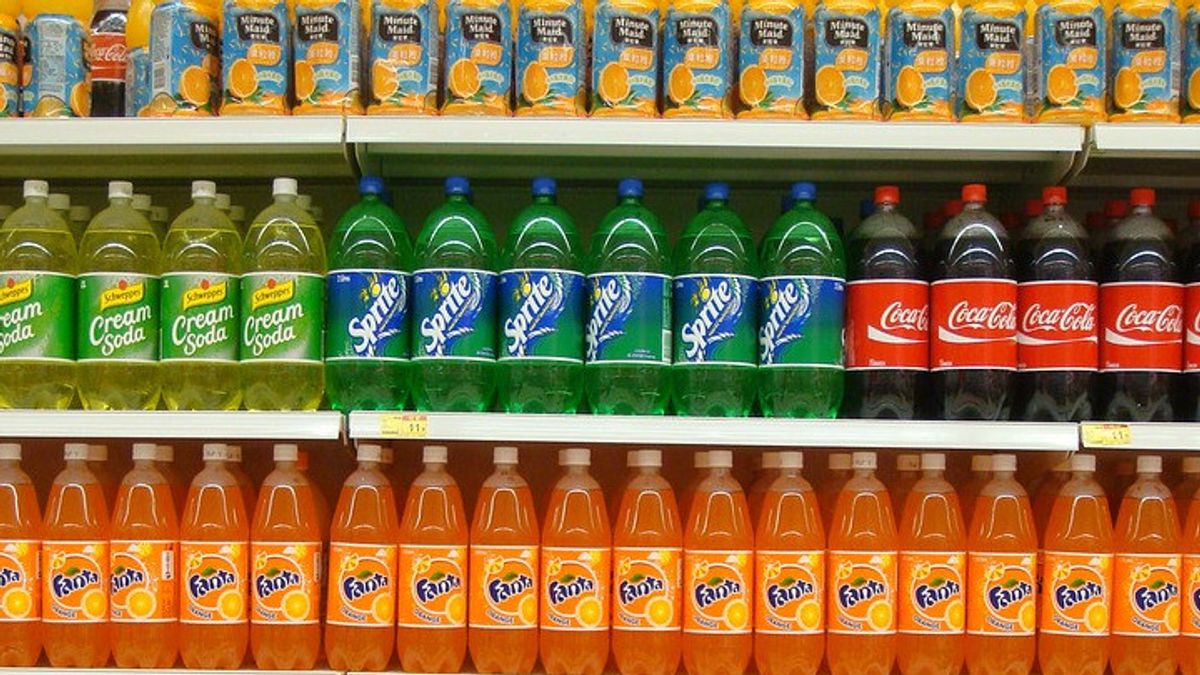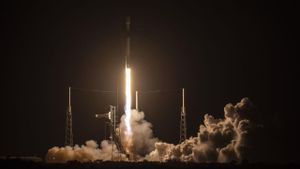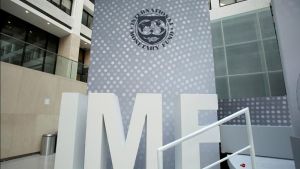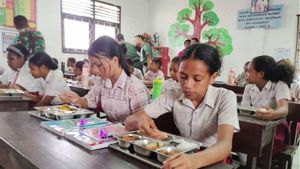JAKARTA - Recently, Minister of Finance Sri Mulyani announced the imposition of excise on sweetened drinks, with rates ranging from IDR 1,500 to IDR 2,500 per liter. The goal is to reduce the consumption of sugar in Indonesian society. In addition, it is also to reduce diabetes mellitus sufferers.
Then how much influence will it have on people's purchasing power? Is it true that the government is not pursuing state revenue from the increase in excise on sweetened drinks?
Chairman of the Association of Indonesian Food and Beverage Entrepreneurs (GAPMMI) Adhi S. Lukman said the excise on sweetened drinks will greatly impact people's purchasing power. In fact, it will decrease.
"Great influence. But we have not recalculated. This is an old thing that is being repeated. We have conducted a study that the imposition of excise will increase prices and ultimately reduce people's purchasing power," he told VOI, in Jakarta, Tuesday, February 25.
Basically, according to Adhi, there is no data that shows the imposition of excise can reduce non-communicable diseases (PTM) and obesity. According to him, if the government's goal is to overcome PTM and obesity, it needs to be reviewed again.
"We are very worried about this, because the goal must be clear. If the title is 'potential revenue', is it right for the government to do this? If it is to reduce PTM and obesity, business actors have tried to help the government," he said.
Adhi explained, there are at least three ways that have been done by business actors to help the government overcome the problem of PTM and obesity. First, consumer education even though it is not well organized. However, according to him, it could potentially become a national movement which was expected to have a significant impact.
"Second, product reformulation adapts and supports efforts to overcome PTM and obesity. Third, looking for better sweetener alternatives. The role of processed food products is 30 percent of total food consumption. So the reason for overcoming PTM and obesity is not on target. Most of the consumption is fresh and processed. household, "he said.
Meanwhile, said Adhi, the impact will also affect production. In fact, it is very significant with an estimate that it can affect the selling price of around 30 percent.
Adhi asked, before deciding to increase the excise tax on sweetened drinks, the government must first study the impact thoroughly. It can even lead to layoffs in the industry.
Executive Director of the Institute for Development of Economics and Finance (INDEF) Tauhid Ahmad assessed that the actual impact on purchasing power is relatively small compared to other higher commodities. The impact of inflation from sweetened drinks is also small when compared to other foodstuffs.
"Now the sources that have an impact on inflation are food, rice, chilies, garlic and so on. Sweetened drinks are still relatively small, because in fact our consumption of sugar and so on is actually more than enough. If it is reduced it will not have a big impact," he said when contacted. VOI.
Although it does not have a significant impact on purchasing power, said Tauhid, the excise on sweetened drinks still has an impact on food and beverage companies in Indonesia. The effect is, business actors will reduce their product expenditure.
"But in my opinion, in the term, maybe yes, if a few months will be affected. After three or six months he will return to normal. There will be price adjustments, but in my opinion it will not be too big. Because the burden of levies in my opinion is still smaller than other countries. which is higher. Unless it is bigger, it will be subject to (inflation) like that, "he explained.
According to Tauhid, the application of excise on sweetened drinks departs from the government's current situation of difficulties in the taxation sector. So, he said, one way is to quickly implement non-tax sources of state revenue.
"Indeed, the easiest is indeed excise. Now we already have a cigarette excise of Rp160 trillion and ethyl alcohol, I forgot, maybe under Rp. 2 trillion. Other sources are possible, but in my opinion the amount is not large. For plastic is 1.6 trillion, sweet drinks. I forgot, but it's not big, "he said.
Tauhid assessed that compared to the excise on sweetened drinks that actually has a great potential to contribute to state revenue is the fuel sector. "Because the volume is much larger than sweet drinks," he said.
Government Does Not Chase State Revenue
Rahmat Soebagiyo, the Director for Objections to Appeal and Regulations at the Directorate General of Customs and Excise at the Ministry of Finance, denied that the application of excise in the new sector, namely sweetened drinks, is an attempt by the government to increase state revenue.
"So even if the new additional excise occurs, it will not be a problem of acceptance. That's a regulation, it does not (exist) in relation to revenue," he said.
Rahmat said, related to the impact of the food industry sector, the businessmen complained about the increase in excise tax will be discussed by the government first. Including, he said, the influence on industry and prices.
"It needs to be discussed together and not to be determined. Now, what are the risks faced by sweetened drinks and we hope that it will be regulated from excise. So we are not pursuing revenue," he explained.
For your information, the excise tariff imposed on sweetened drinks, on packaged tea products, is subject to excise at IDR 1,500 per liter, with a total production of 2,191 million liters targeted for state revenue of 2.7 trillion.
For carbonated drinks, the stake is IDR 2,500 per liter with a total production of 747 million liters, which can generate revenue of IDR 1.7 trillion.
Meanwhile, other sweetened beverage products, such as energy drinks, coffee, concentrate, and others, are subject to a tariff of Rp. 2,500 per liter with a total production of 808 million liters which is estimated at Rp1.85 trillion.
If you reflect on the statement that the government is not after the state revenue from excise on these sweetened drinks, in fact, the total revenue from these three categories is IDR 6.25 trillion.
The English, Chinese, Japanese, Arabic, and French versions are automatically generated by the AI. So there may still be inaccuracies in translating, please always see Indonesian as our main language. (system supported by DigitalSiber.id)













